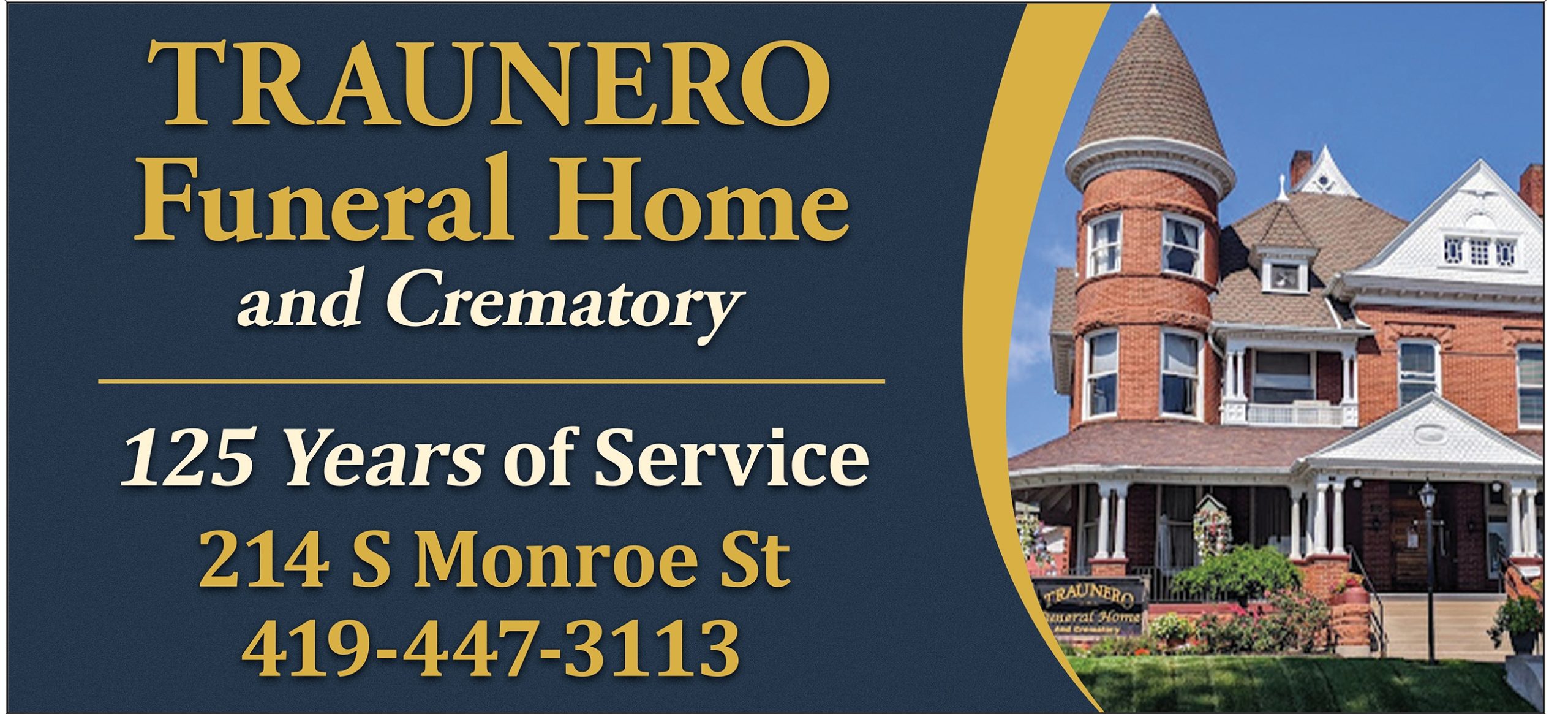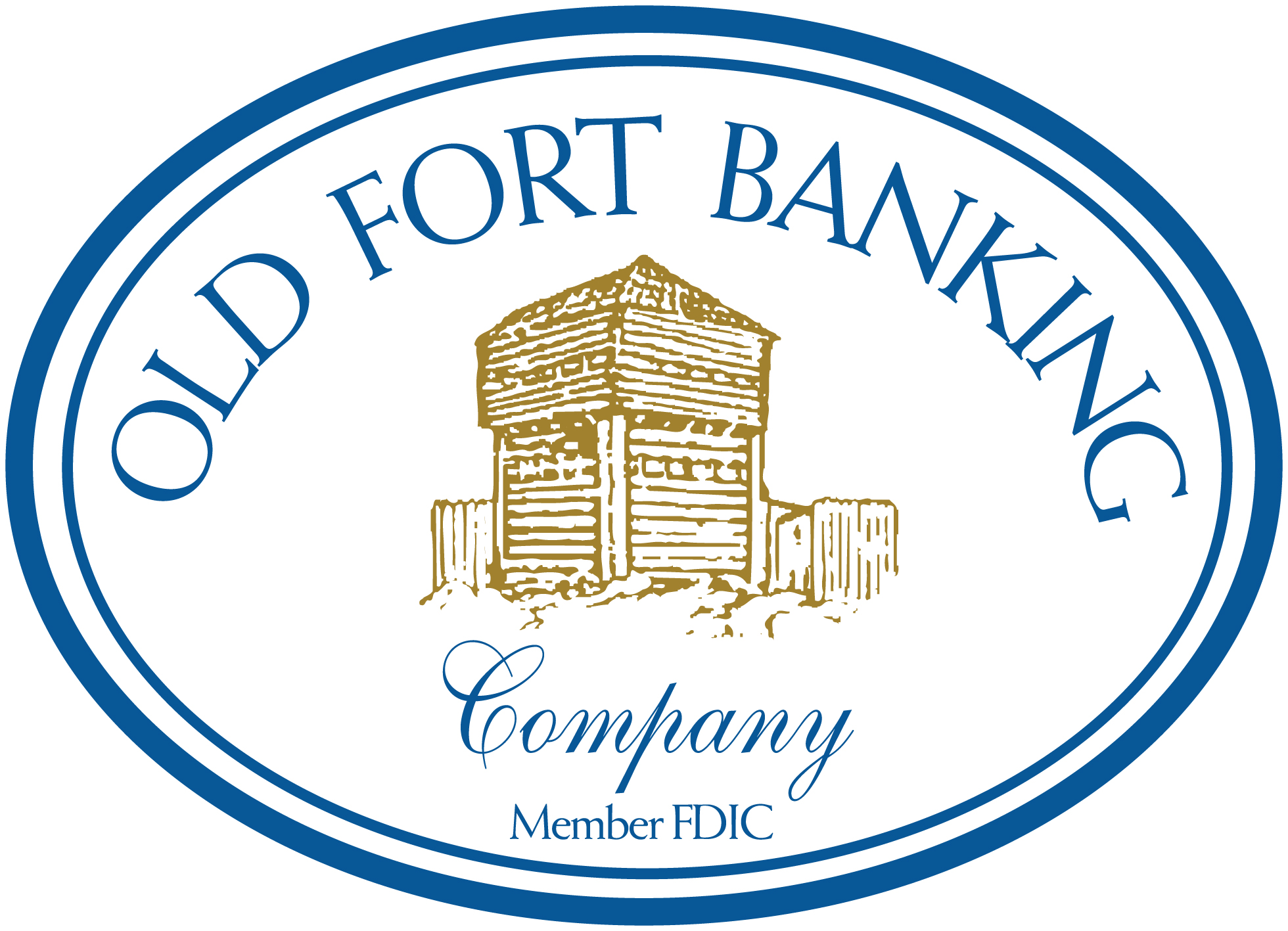Programs
The Franciscan Earth Literacy Center inspires people of all ages to live in harmony with the Earth through education, hands-on experiences, and community engagement. Rooted in the Franciscan tradition of caring for creation, we empower individuals to make sustainable choices that nurture the environment and foster a healthier future for all.






















